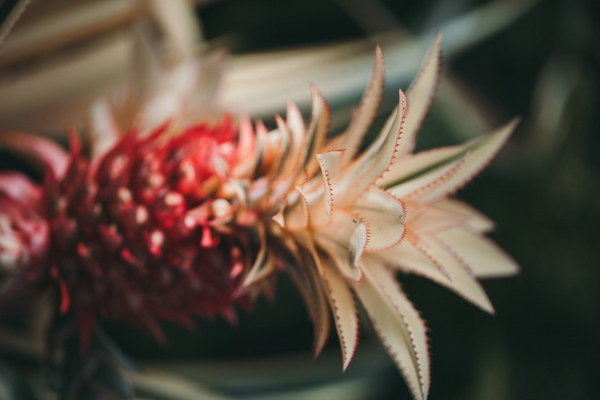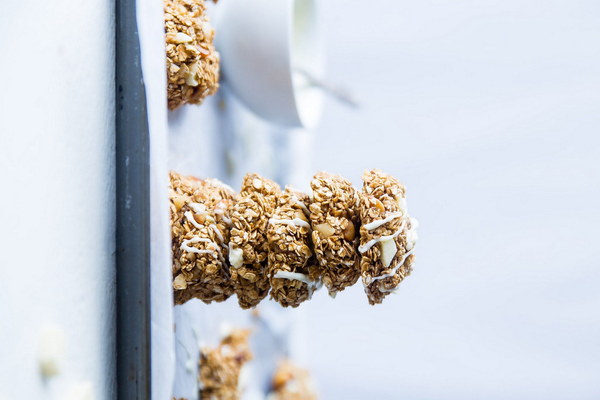Easing Aging for Allergy-Prone Dry Skin Effective Strategies and Skincare Tips
Introduction:
Allergy-prone dry skin can be a challenging condition to manage, as it requires a delicate balance of skincare that not only addresses the dryness but also combats the signs of aging. Aging skin, regardless of its type, tends to lose moisture and elasticity, leading to fine lines, wrinkles, and a lackluster appearance. However, for those with dry and sensitive skin, the journey to anti-aging can be even more complex. In this article, we explore effective strategies and skincare tips to help allergy-prone dry skin look younger and healthier.
1. Gentle Cleansing:
The first step in anti-aging skincare for allergy-prone dry skin is to use a gentle cleanser that does not strip away the natural oils. Look for products labeled as sensitive skin or hypoallergenic. Opt for a creamy or milky cleanser that will soothe the skin while removing impurities.
2. Hydration is Key:
Dry skin needs extra moisture to maintain a healthy barrier and prevent premature aging. Invest in a high-quality moisturizer that contains ingredients like hyaluronic acid, glycerin, and ceramides. These ingredients attract and retain moisture, leaving your skin feeling hydrated and supple.
3. Sun Protection:
Protecting your skin from UV rays is crucial for anti-aging. Choose a broad-spectrum sunscreen with an SPF of at least 30. Opt for a mineral-based sunscreen, as it is less likely to irritate sensitive skin. Apply it daily, even on cloudy days, to prevent damage that can accelerate aging.
4. Exfoliation with Caution:
Exfoliating can help remove dead skin cells and reveal a brighter, smoother complexion. However, for allergy-prone dry skin, it is essential to use a gentle exfoliant, such as a chemical exfoliant with alpha-hydroxy acids (AHAs) or beta-hydroxy acids (BHAs). Use it no more than a few times a week to avoid over-exfoliating and irritating the skin.
5. Emollients and Occlusives:
Emollients and occlusives are essential for creating a protective barrier on the skin's surface. Emollients fill in cracks and crevices in the skin, while occlusives prevent moisture from escaping. Look for products containing ingredients like dimethicone, petrolatum, and shea butter.
6. Avoid Irritants:
Certain ingredients can trigger allergic reactions or irritation, worsening the appearance of aging. Avoid fragrances, dyes, and alcohol in skincare products. Opt for products that are free from known allergens and irritants.
7. Regular Skin Treatments:

Incorporate regular skin treatments into your routine to address specific concerns. For example, a hydrating facial mask can provide an instant boost of moisture, while a gentle chemical peel can help with texture and uneven skin tone.
8. Lifestyle Changes:
Aging is a natural process, but certain lifestyle habits can exacerbate the signs of aging. Protect your skin by staying hydrated, eating a balanced diet rich in antioxidants, and getting enough sleep. Additionally, smoking and excessive alcohol consumption can accelerate aging, so it's best to avoid these habits.
Conclusion:
Combating aging for allergy-prone dry skin requires a careful and thoughtful approach. By using gentle cleansers, hydrating effectively, and protecting your skin from UV rays and irritants, you can maintain a youthful appearance. Incorporating regular skin treatments and adopting a healthy lifestyle will further enhance your anti-aging efforts. With these strategies and skincare tips, you can achieve a glowing complexion that defies age.









